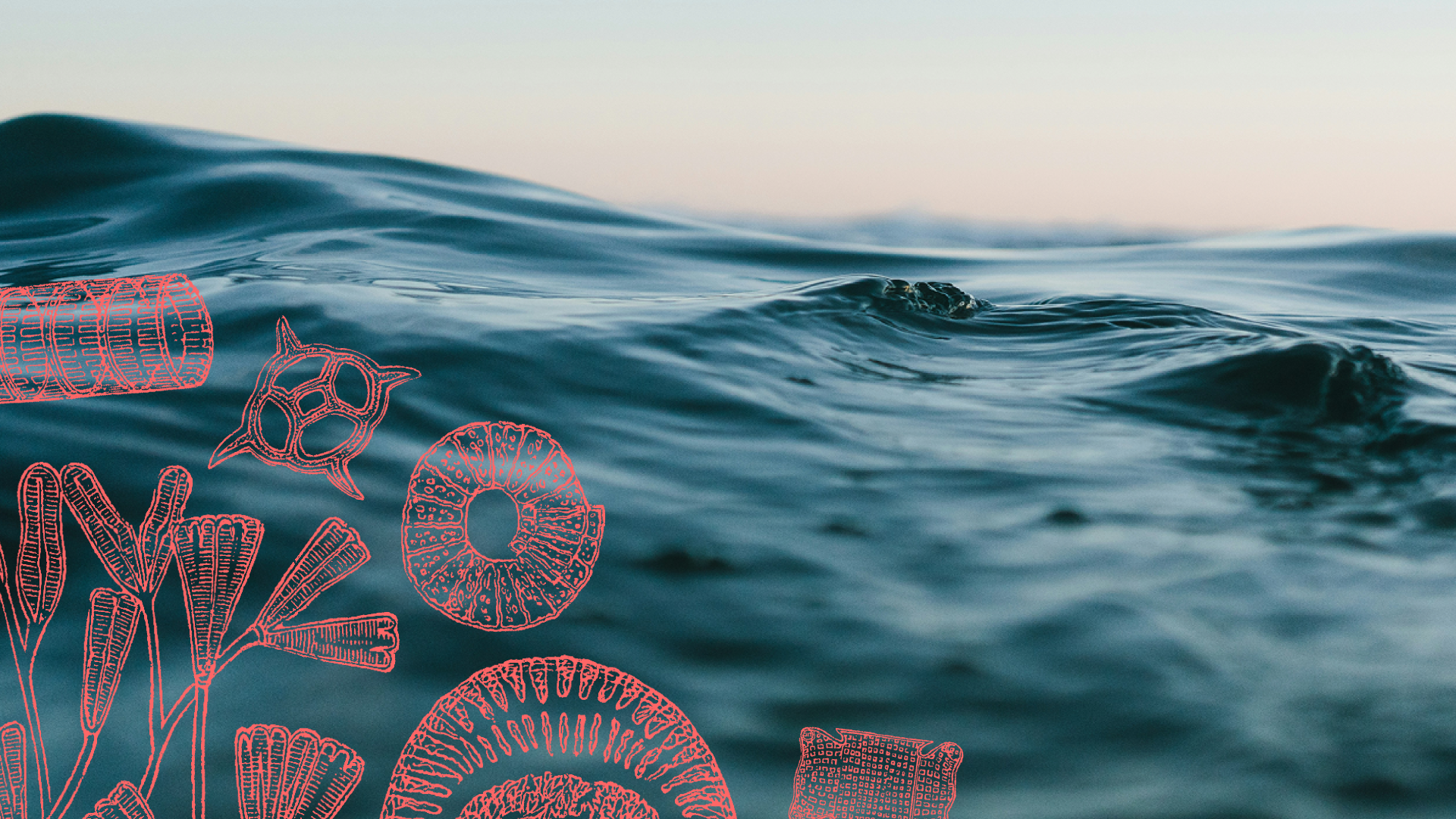Gran Canaria / Helsinki, Finland
Oceanry, a non-profit organization dedicated to advancing responsible ocean-based climate solutions and the University of Las Palmas de Gran Canaria (ULPGC), a leading research university in marine and ocean sciences, have announced their mutual intention to collaborate on research exploring the impacts of ocean iron fertilization (OIF) on carbon sequestration, marine rewilding, and cloud formation.
The two parties are exploring how ocean iron fertilization could catalyze phytoplankton growth, potentially increasing aerosol production, which plays a role in cloud formation. ULPGC is interested in researching the ecological and atmospheric effects of these mechanisms in the Atlantic Ocean.
“The Earth is absorbing heat at a rate equivalent to 13 Hiroshima bombs per second. Plankton in oceans play a key role in forming clouds that reflect sunlight and cool the planet. Yet plankton populations have declined due to warming waters, pollution, and overfishing—weakening the ocean’s natural climate regulation”, explains Tomi Nyman, Co-Founder of Oceanry.
The collaboration would support a Proof-of-Concept program led by Oceanry, planned for 2026–2030, aiming to study the large-scale impact of OIF in real-world ocean conditions. The experiment is planned to be conducted within strictly outlined areas of the high seas to safeguard the environment and ensure scientific integrity. The partnership seeks to build a robust scientific foundation that informs both climate and biodiversity policy.
“Understanding and enhancing the ocean’s biological carbon pump is essential in tackling climate change. I’m pleased to explore this collaboration and contribute to advancing research on ocean iron fertilization”, comments Santiago Hernández-León, the Professor and Chair of Zoology in the Marine Sciences School at ULPGC.
ULPGC has identified significant research potential in Oceanry’s Proof-of-Concept program and is considering participating in key experimental phases. The collaboration aims to co-develop a comprehensive research and funding plan, focusing on:
- Measuring the amount of carbon dioxide removed and sequestered through the Proof-of-Concept
- Studying the responses of phytoplankton, zooplankton, and micronekton populations
- Evaluating potential changes in atmospheric aerosol composition
- Monitoring shifts in water chemistry, including pH, temperature, and ocean currents
“ULPGC has a strong reputation in marine biology, oceanography, and coastal management. Its location in the Canary Islands provides unique access to diverse marine ecosystems, making it a hub for marine research. We are thrilled about the opportunity to explore a joint research agenda with such a respected institution,” continues Nyman.
The planned research would help establish a scientific basis for evaluating both the benefits
and risks of ocean iron fertilization deployment at scale.
More information
Melina Pinomaa, Communications, melina.pinomaa@oceanry.org
About Oceanry
Oceanry is a non-profit organization on a mission to empower the tiny mighty plankton. Its goal is to make ocean iron fertilization an internationally accepted, regulated, and safe tool for addressing the legacy of over 2 teratons of excess atmospheric CO₂. Oceanry is based in Finland and its work is rooted in science, transparency, and international collaboration.
About ULPGC
The University of Las Palmas de Gran Canaria is recognized internationally for its expertise in marine sciences, oceanography, and coastal management. Its strategic location in the Canary Islands allows unique access to diverse ocean environments and makes it an ideal partner for advanced ocean research and innovation.
